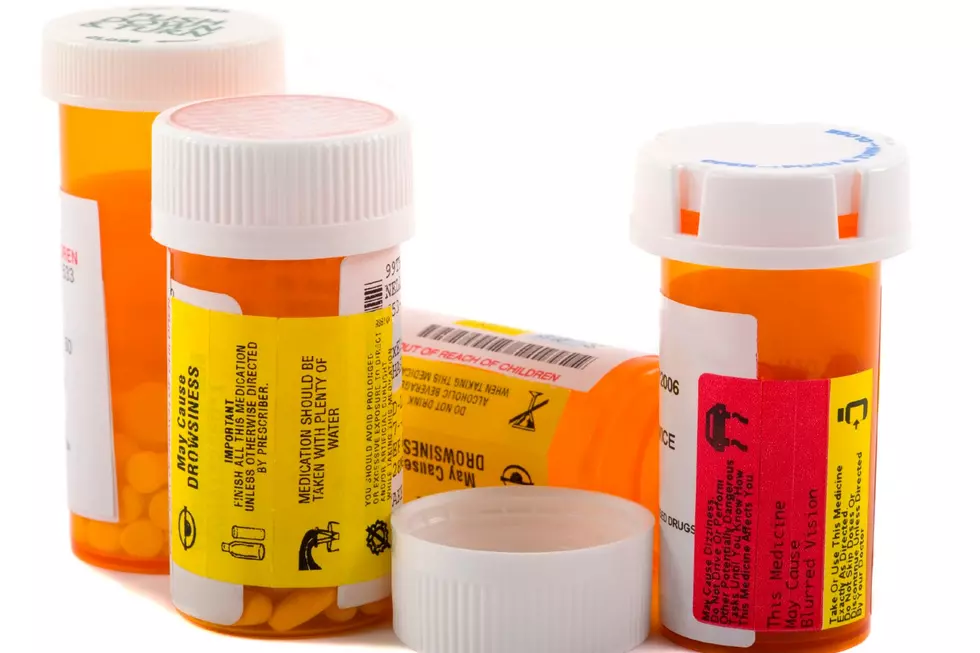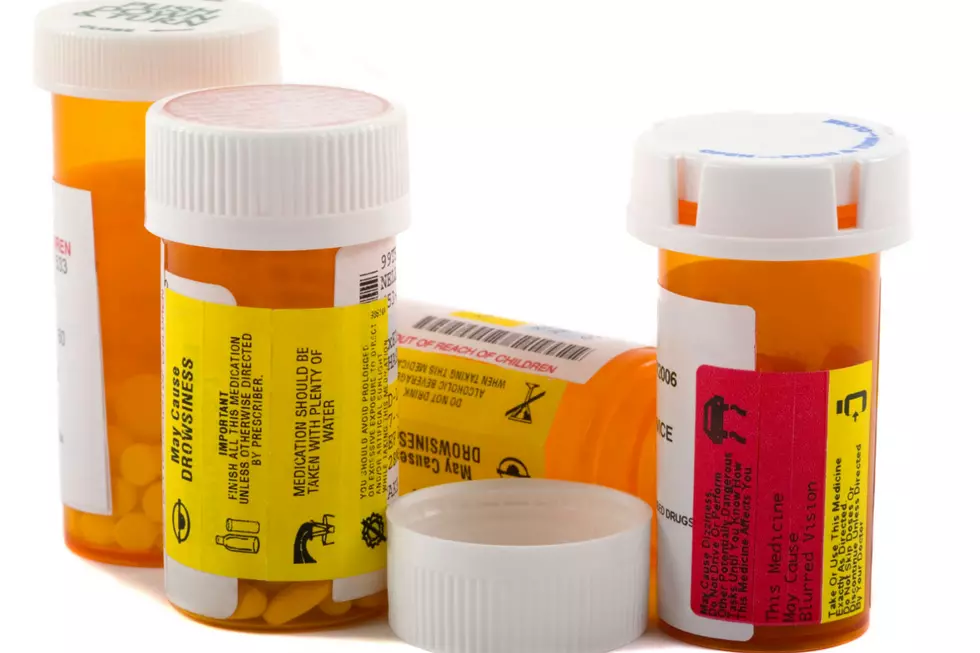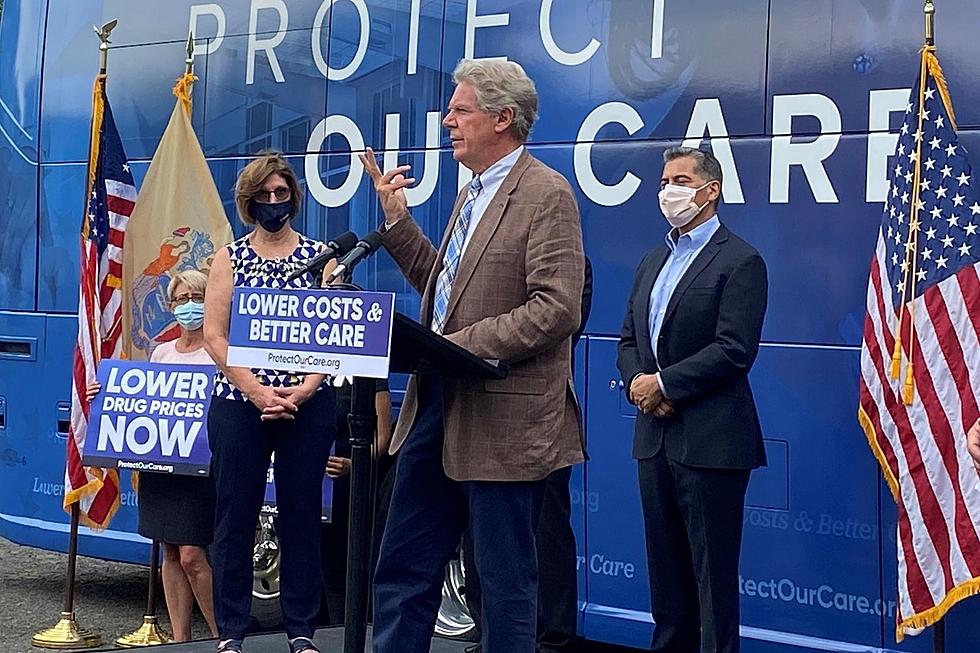![Some Parents See ADHD Drugs As Study Aids [AUDIO]](http://townsquare.media/site/385/files/2014/01/Education%252Band%252BCreativity%252B-%252BCredit-%252BiStockphoto%252B-%252B142275369.jpg?w=980&q=75)
Some Parents See ADHD Drugs As Study Aids [AUDIO]
When it comes to the use of Attention Deficit Syndrome drugs, a recent survey suggests some parents are not be paying attention to the long term effects, a recent survey reports.According to a 2013 survey by The Partnership at Drugfree.org and MetLife Foundation, 29 percent or parents say they believe ADHD medications such as Ritalin or Adderall can improve a teen's academic or testing performance, even if he or she does not have ADHD.
"We don't really know what long-term effects these ADHD medications will have on the still-developing brains of adolescents who do not have ADHD," said Alain Joffe, Director of Student Health and Wellness Center at Johns Hopkins University. However, Joffe, who once chaired the American Academy of Pediatrics Committee on Substance Abuse, added, "We do know they can have significant side effects, which is why they are limited to use with a prescription."
Moreover, experts say any improvement in study skills is likely to be illusory. According to Steve Liga, executive director of the National Council on Alcoholism and Drug Dependence of Middlesex County, students who use the stimulants to stay up late to study for a test or assignment may do well on it but then suffer nervous effects for several days. This prompts them to use more of the drugs for their next academic challenge, only to find over time that their natural study skills are deteriorating.
"So, even if it helps you do better that one time, studies have shown, over the course of the semester, your grades are no better," Liga said.
Stimulants are a class of drugs that enhance brain activity and are commonly prescribed to treat health conditions including ADHD and obesity. According to the 2013 survey, many teens have come to believe that their unauthorized use of such drugs will not have same consequences as the use of illegal drugs. One reason: Only 16 percent of parents said they believed the use of prescription drugs, even to "get high," is safer than using "street drugs."
Among the survey's other findings:
- Only 16 percent of teens said they discussed the misuse or abuse of prescription pain relievers with their parents;
- 20 percent of parents said they had given their teenage children prescription drugs that had been prescribed for other family members;
- 42 percent percent of teens who admitted misusing a prescription drug said they found it in a parent’s medicine cabinet. Further, 49 percent said they obtained such drugs from friends.
More From New Jersey 101.5 FM









